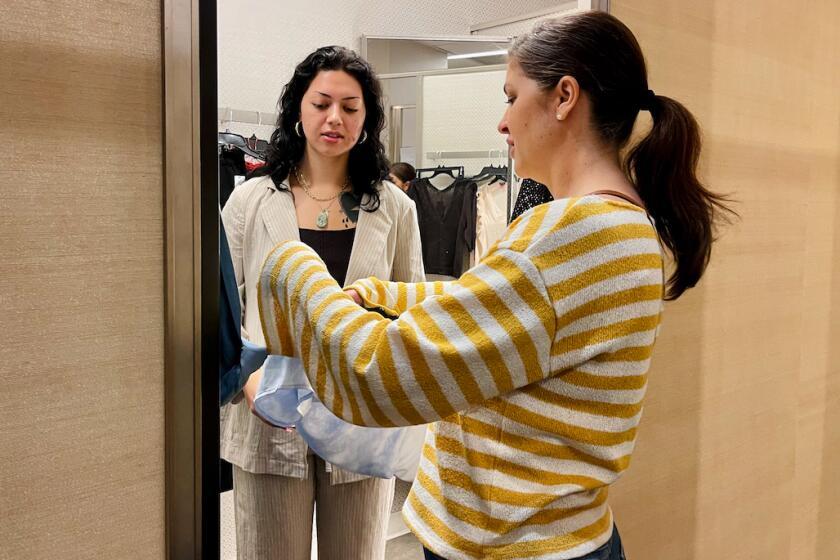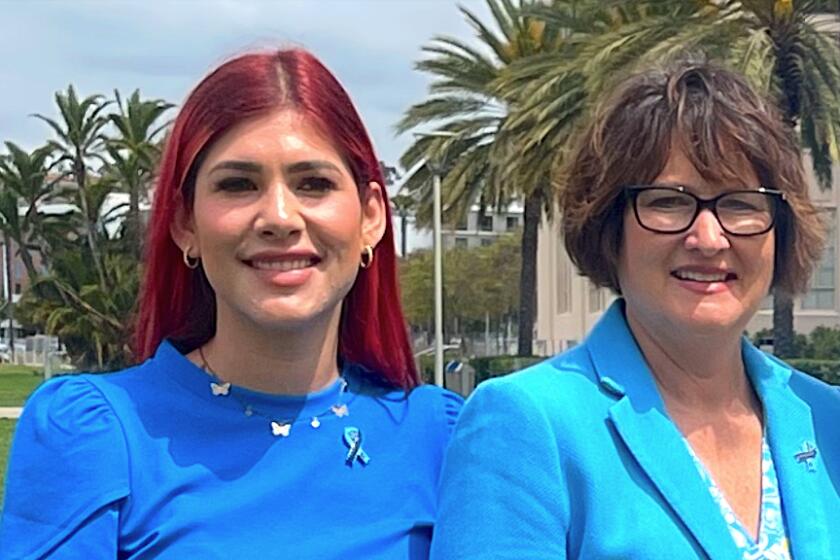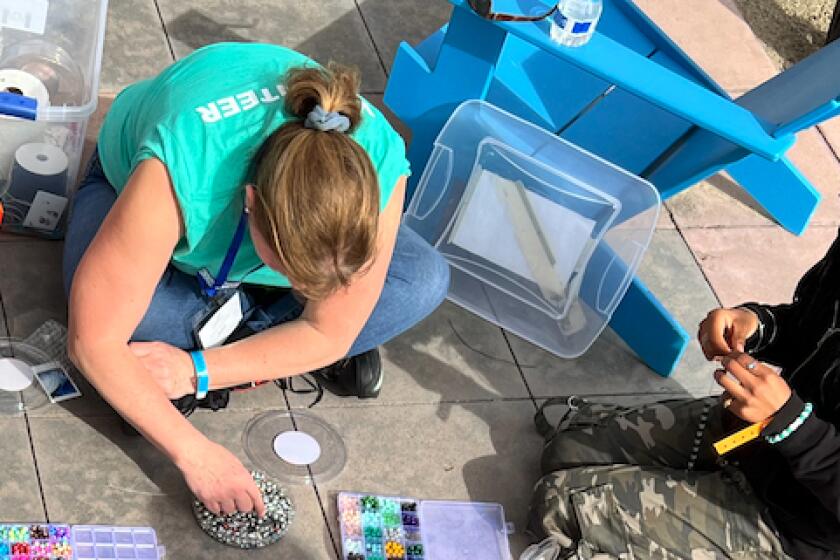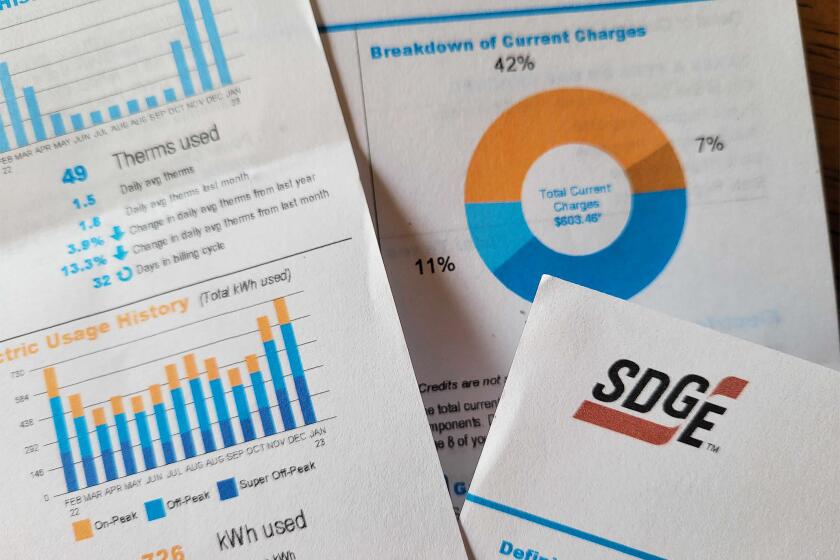Commentary: Why San Diego County health officials won’t report specific COVID-19 outbreak locations
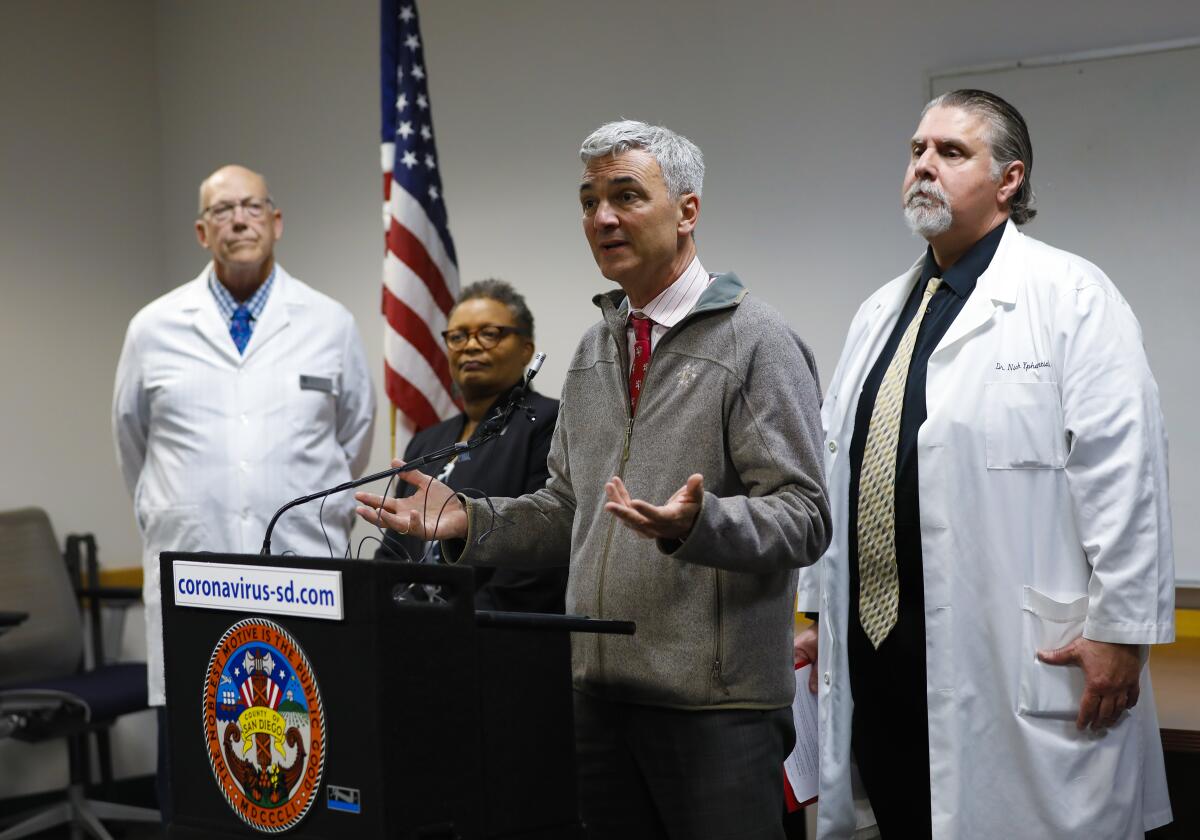
Re the editorial “San Diego County should disclose outbreak specifics” (Aug. 20): We have heard questions about why the county does not report specific COVID-19 outbreak locations. Concerns about SARS-CoV-2 virus cases in community settings, and a desire for in-depth details, are certainly understandable.
If releasing names and addresses would protect public health, we would wholeheartedly do so. Instead, we believe doing so could hurt both our efforts, and needlessly lead to the identification of individuals who became ill.
There is no meaningful action the public could take with such specific information. It may satisfy curiosity, but risks unfairly stigmatizing both locations and individuals linked to outbreak sites.
For example, with restaurants, the county works with operators to make sure they are following appropriate public health guidelines. When community outbreaks are confirmed, county disease assessment teams are deployed. We see no advantage in publicly shaming a business or organization for doing the right thing and working with us to help rein in this pandemic.
It’s been noted that Los Angeles County releases outbreak locations.
To our knowledge, this jurisdiction is alone nationally among major public health agencies in providing this information.
While we don’t have details on how Los Angeles County is conducting case investigations, we see from the data they are making fewer than 0.6 contacts per case investigation. In San Diego, we have a rate of contacts per investigation of 2.2, about four times higher. It is possible that difference correlates to their publishing outbreak information.
Contact tracing and case investigation form a major pillar of our fight against COVID-19, and we’re very concerned releasing outbreak locations could impede those efforts. Investigation and tracing require a high level of trust between investigator/tracer and the member of the public being interviewed to help paint a complete picture of the movement of infection between individuals and places.
Individuals and businesses who fear — reasonably or otherwise — that information they provide will be made public are considerably less likely to provide the very vital details that identify and mitigate outbreaks.
Daily, the count identifies the types of locations that experienced outbreaks, which helps inform people about the types of places they visit.
We are not in the business of stigmatizing individuals for contracting an illness, creating a false sense of security or publicly shaming a business or organization for doing the right thing and working with us to help rein in this pandemic.
Collectively, our community outbreaks represent just 4.2% of the positive cases.
Knowing the location of where individuals were known to have had COVID-19 will not keep you safe at a time when the virus is everywhere.
Maintaining a person’s privacy is always a concern when providing health data. In certain scenarios, such as small businesses, identifying them can point very closely to specific people.
Balancing the public’s right to know information with protecting the identity of those who have contracted an illness is not an issue we take lightly.
This community has collectively done a tremendous job responding to this pandemic, and we are so thankful.
Face coverings, avoiding groups, social distancing and washing hands will continue protecting public health, much more so than the addresses of specific outbreak locations.
Dr. Wooten is San Diego County’s public health officer, Dr. Yphantides is the county’s chief medical officer and Dr. McDonald is medical director of the county’s Epidemiology and Immunization Services branch.
Get Weekend Opinion on Sundays and Reader Opinion on Mondays
Editorials, commentary and more delivered Sunday morning, and Reader Reaction on Mondays.
You may occasionally receive promotional content from the San Diego Union-Tribune.
